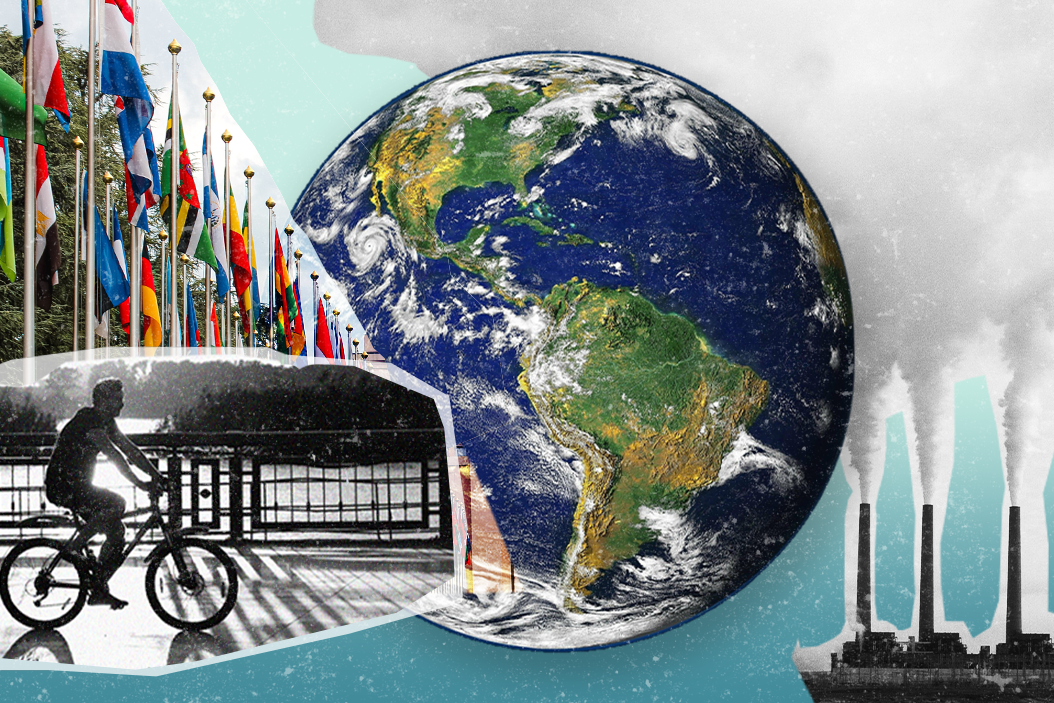US President Joe Biden's highly anticipated two-day climate summit opens on Thursday, when dozens of world leaders and bigshot CEOs will gather (virtually) to try to save the planet. Above all, the US is looking to showcase the idea that "America is back" on climate change. But will other countries buy it?
The ease with which the Trump administration pulled the US out of global climate compacts in 2017 has left lingering doubts about how much the US can be trusted to honor present and future promises.
To assuage those concerns, Biden will reportedly promise to cut emissions in half by 2030, from 2005 levels, nearly doubling the target that the US agreed to as part of the 2015 Paris Climate Accord. But others are going further: the EU has agreed to cut by 55 percent from 1990 levels over the same period, and to take the Union carbon neutral by 2050. The UK — looking for goodwill from the US as it navigates post-Brexit life — said that by 2035 it would cut emissions by 78 percent from 1990 levels.
The biggest intrigue surrounds China: President Xi Jinping has, at the last minute, decided to attend. As the world's largest current carbon emitter, China has a critical role to play alongside the US (the second biggest polluter) in any efforts to slow climate change. But the rapid deterioration of ties between the two countries has raised alarming questions about whether they can really work together on climate. Keep an eye on session one, at 8am EST Thursday, when Xi, along with other world leaders, will make opening statements.
A domestic angle for Biden: The White House's ability to push his ambitious climate agenda through Congress — where Democrats have the narrowest of majorities — will depend in part on whether Biden can show that other countries are moving fast too.
The agenda: If you want to follow the play-by-play of the summit, here is the full schedule. (If not, we'll tell you the important bits afterwards.)
The bottom line: Biden is staking a lot on this event. In the end, this summit will tell us at least as much about the geopolitical climate as it does about the actual climate.- The US is rejoining the Paris Climate Accord. What comes next ... ›
- The Graphic Truth: Has climate change hurt or helped farmers ... ›
- How China fits into global climate change - GZERO Media ›
- Expect Biden's first European trip to drive concrete steps with G7, EU - GZERO Media ›
- Expect Biden's first European trip to drive concrete steps with G7, EU - GZERO Media ›
- Climate action: an "oasis of diplomacy" for US/China, says Energy Secretary Granholm - GZERO Media ›
- COP28 climate talks complicated by UAE oil deals - GZERO Media ›
